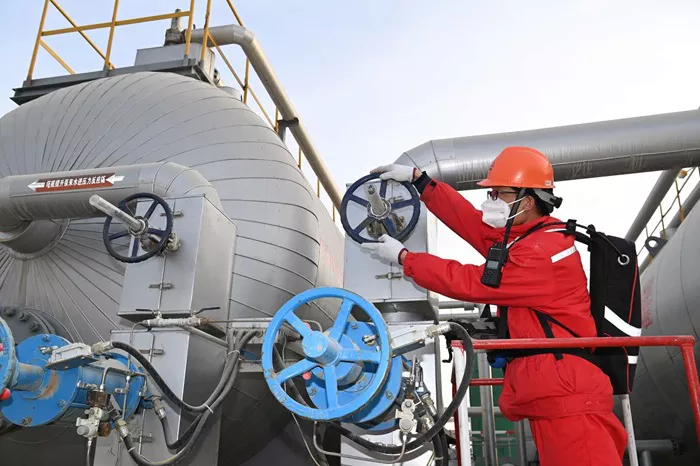The national average price of gasoline in the United States has fallen by 3.8 cents over the past week, now sitting at $3.09 per gallon, according to a new report from GasBuddy.
Patrick De Haan, head of petroleum analysis at GasBuddy, acknowledged the modest decline but cautioned that it may be short-lived. “The national average has seen a modest decline, but with oil prices rising again, we could see the trend reverse in the coming weeks,” he said.
Gasoline prices continue to show stark regional disparities. States such as Mississippi and Texas boast some of the nation’s lowest averages at $2.64 and $2.70 per gallon, respectively. In contrast, drivers in California and Hawaii are paying the most, with averages at $4.77 and $4.47.
AAA spokesperson Lauren Fabrizi told CT Insider that while Memorial Day travel marked a robust start to the summer driving season, the impact on gas prices remains limited. “Based on gasoline demand, the lead-up to the Memorial Day holiday kicked off the summer driving season with gusto. But one strong week isn’t enough to significantly move retail gasoline prices, especially with domestic production continuing near record levels,” she explained.
However, oil market dynamics could soon reshape the pricing landscape. On Monday, crude prices surged nearly 4% in response to an overnight drone assault by Ukraine on Russian military airfields. The attacks reportedly destroyed more than 40 aircraft and sparked fires across Kursk and Voronezh, intensifying geopolitical tensions. Russia claimed it intercepted 162 drones in the incident.
The escalation pushed Brent crude to $65.15 and West Texas Intermediate (WTI) to $63.17 by midday. Market sentiment was further influenced by OPEC+, which over the weekend confirmed a production increase of 411,000 barrels per day for July. Goldman Sachs expects a similar hike to proceed in August, despite signs of weakening demand.
Analysts warn that the recent spike in oil prices could soon ripple into the gasoline market. “If oil prices continue to climb, we may see gasoline prices follow suit, especially as summer demand peaks,” De Haan noted.
While the recent dip in gas prices offers temporary relief to consumers, ongoing geopolitical risks and production shifts from major oil producers could soon drive costs higher.


